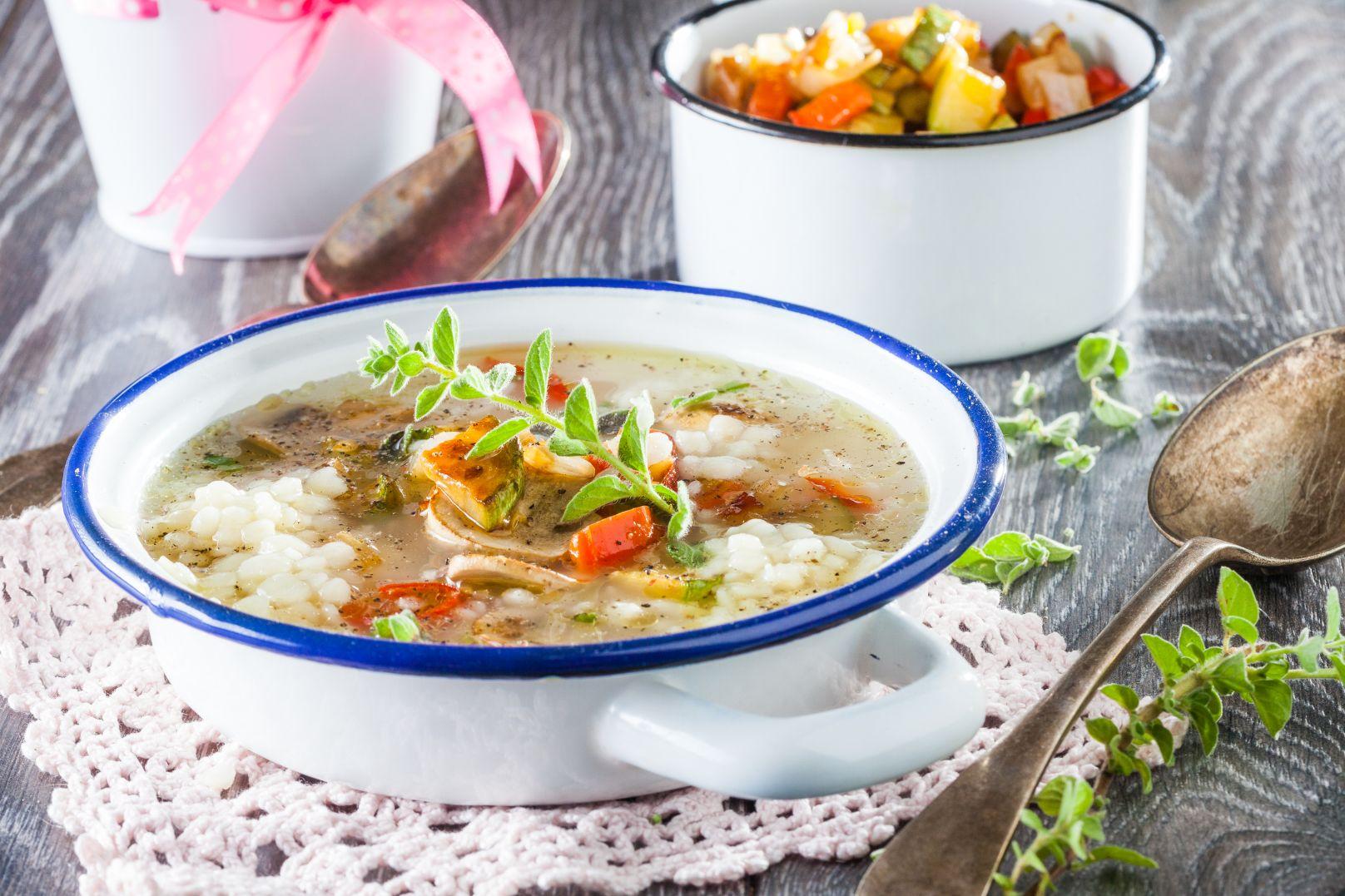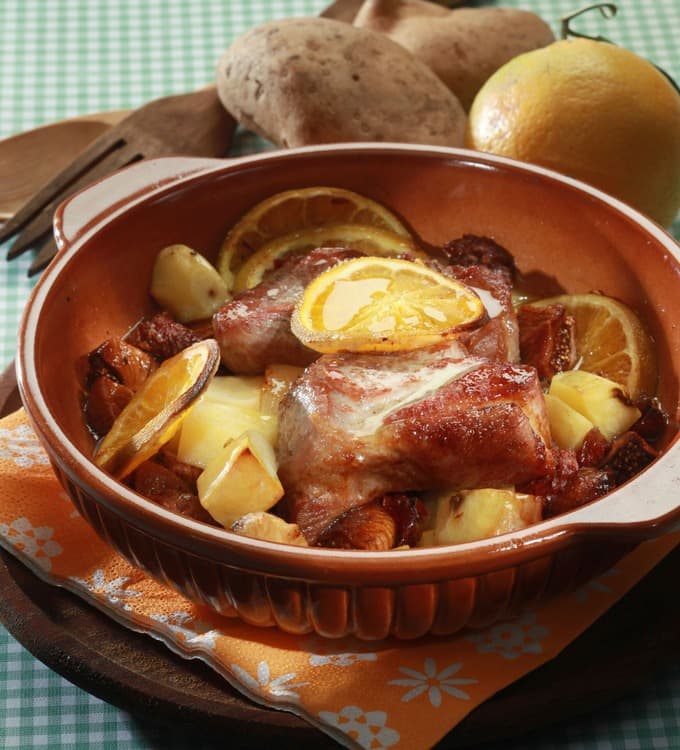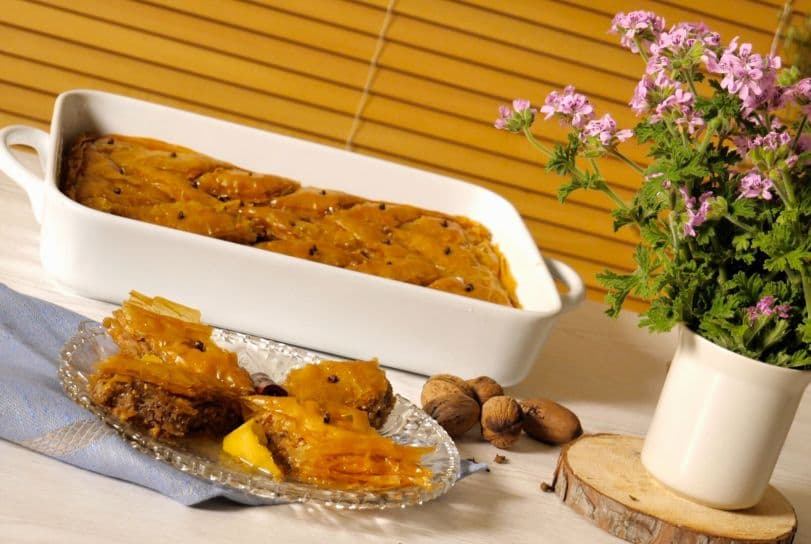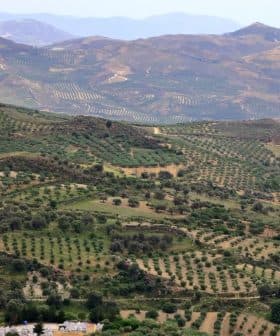Olive Oil is the Essence of Traditional Greek Dishes on Christmas Eve
Olive oil is an essential cooking ingredient in Greek cuisine all year round, and the Christmas season is no exception.
 Athens, Greece
Athens, Greece In Greece, Christmas Eve and New Year’s Eve are celebrated with traditional réveillons featuring lavish meals prepared with extra virgin olive oil. Greek customs include fasting before Christmas, with meals on Christmas Eve marking a return to regular eating routines and an opportunity for a stimulating dining experience, with olive oil being a key ingredient in many traditional dishes. Award-winning Greek chef Dina Nikolaou suggests a festive three-course meal for Christmas Eve dinner, including a traditional Greek trachana soup, a vegetable pie, and roasted pork with orange, all made with olive oil.
It is the time of the year again when families gather to celebrate Christmas, and plans get underway in each household for a feast befitting the occasion.
In Greece, the French word réveillon (which translates to ‘waking’) refers to the celebrations and festive dinners that take place on Christmas Eve and New Year’s Eve.
My grandma used to heat the olive oil and then pour it over the baklava before putting it into the oven for baking. The characteristic sizzling of the pastry sheets is the best Christmas melody.
Christmas Eve réveillons across the country always include a lavish meal following the culinary tradition of each place, with extra virgin olive oil underpinning the dishes served.
According to Greek custom, pies, sweets, meat, bread and pastries – all typical preparations for the occasion – invoke God for abundance and sufficiency throughout the rest of the year.
See Also:From Milan to Puglia, extra virgin olive oil Lies at The Heart of Christmas Cooking in ItalyAdditionally, many Greeks may fast for several days before Christmas for religious reasons, eating no meat during that period. The Christmas meals mark their return to the regular eating routine and provide an opportunity for a stimulating dining experience.
“Everyone in Greece has tasted traditional meals on Christmas Day or the day before as they were prepared for the family tables in rural areas of the country,” Dina Nikolaou, an award-winner Greek chef and owner of the Evi Evane restaurant in Paris, told Olive Oil Times.

Dina Nikolaou
“From grandmothers to daughters and grandchildren, these recipes were passed down until they reached urban areas and became customary,” she added. “They were straightforward preparations with a few but high-quality ingredients, eventually becoming the backbone of the Greek cuisine.”
“The basic ingredient was, of course, olive oil,” Nikolaou continued. “Olive oil, along with wheat, were the essential ingredients of every kitchen and the bases of virtually every dish.”
For Christmas Eve dinner the traditional Greek way, Nikolaou suggested refraining from preparing multiple dishes.
Instead, she proposed a festive three-course meal: a traditional Greek trachana soup with a vegetable pie as the appetizer, roasted pork with orange as the main dish and the traditional Greek baklava made with olive oil instead of butter as a dessert.

Trachana soup
“A traditional Greek soup made with trachana [a type of couscous] can serve as a great appetizer for the Christmas Eve dinner,” Nikolaou said.
To prepare the soup, the chef first uses a pan to sauté finely chopped onion in olive oil. She then adds the trachana and a liter of vegetable stock or water and brings the mixture to a boil. After, Nikolaou lets it simmer for about 20 minutes until reduced.
The next step includes sautéing the vegetables (chopped peppers and mushrooms, courgette and the finely-chopped green part of a leek) in olive oil before adding salt and balsamic vinegar.
Finally, the boiled trachana is served in bowls with sautéed veggies and some pepper. An essential last step is to drizzle a generous amount of extra virgin olive oil on the soup for extra flavor.
See Also:EVOO Shines in Michelin Star Chef’s Traditional Christmas Eve DinnerThe trachana soup is accompanied perfectly by a traditional vegetable pie made with spinach, chard and spring onions, all wrapped in handmade dough made with flour and extra virgin olive oil.
“This recipe comes from Zagorohoria, a group of mountainous villages scattered around the city of Ioannina,” Nikolaou said. “They are famous for their pies and the simplicity of the flavors.”
Nikolaou received training in French gastronomy in her early years as a professional but has become an aficionado of the Greek culinary culture.
Her restaurant in the French capital is widely acknowledged by Parisiens as a top destination to savor Greek and Mediterranean dishes. In 2017, it was awarded for best foreign cuisine in Paris by the Pudlo restaurant guides.
For the main course of the Christmas Eve menu, a two-kilogram pork shoulder is placed on the kitchen benchtop. Marinate the meat for three to four hours in a mix of olive oil, orange juice and zest, crushed garlic, sweet wine and some herbs.

Roast pork with orange
Meanwhile, put a kilogram of diced potatoes or sweet potatoes, a sliced, unpeeled orange and some sundried tomatoes in a bowl with olive oil and figs — season with salt and pepper and mix.
Place the marinated meat in a large baking tray. Add the marinade to the bowl with the potatoes, mix again and then pour everything into the tray. Sprinkle breadcrumbs on the potatoes and bake everything in the oven at 180 ºC for about two hours. Let the meat rest for 10 minutes before cutting into it.
“For a Christmas Eve or Christmas Day dinner, nothing is more festive than pork with orange,” Nikolaou said.
A Christmas Eve dinner is incomplete without a proper dessert. Chef Nikolaou’s traditional baklava, a perfect make-ahead dessert for Christmas Eve, is all about childhood memories and recollections of the past.

Baklava
“My grandma used to heat the olive oil and then pour it over the baklava before putting it into the oven for baking,” she recalled. “The characteristic sizzling of the pastry sheets is the best Christmas melody.”
Baklava is made with layers of crispy pastry phyllo dough filled with crushed nuts, sugar, clove and cinnamon and sprayed with heated olive oil before baking.
When the phyllo has turned golden and crisp, sugary syrup and honey are poured over the dessert to complete the preparation.
Both the olive oil from the previous harvest – provided it is appropriately stored – or the season’s freshly produced olive oil can be used for preparing the Christmas Eve menu.
Extra virgin olive oil with a twist can also be added for flavor during the festive season.
See Also:Chefs in France Bring Extra Virgin Olive Oil to Christmas DinnersExperts advise mixing three-quarters of a cup of extra virgin olive oil with a cup of blanched herbs such as basil, oregano or rosemary. Then, submerge the blanched herbs in the oil (making sure they are completely covered) and let the mixture sit for a few days for the aromas to meld.
The infused olive oil can then be used to prepare Christmas Eve and Christmas Day meals to surprise the diners.
“Olive oil, and essentially extra virgin olive oil, is not just an edible fat used in cooking and baking,” Nikolaou said. “It is an invaluable staple food boasting a variety of beneficial ingredients and healthy monounsaturated fats.”
“The Greek writer Athenaeus in his famous work Deipnosophists of the 3rd century A.D., [a collection of banquet conversations on food, literature and arts over dinner] describes recipes for a sesame cake baked with olive oil, pies of wild veggies and olive oil and meat from hunting preserved in olive oil,” she added.
“We Greeks possess all the accumulated culinary wisdom from centuries ago,” Nikolaou concluded. “By exploiting the ingredients to the fullest without wasting anything, but also without sacrificing flavor, we can prepare a bountiful Greek traditional dinner to perfectly suit the Christmas Eve occasion.”
Share this article









